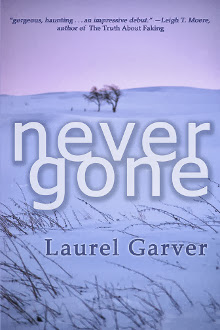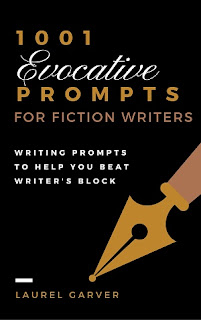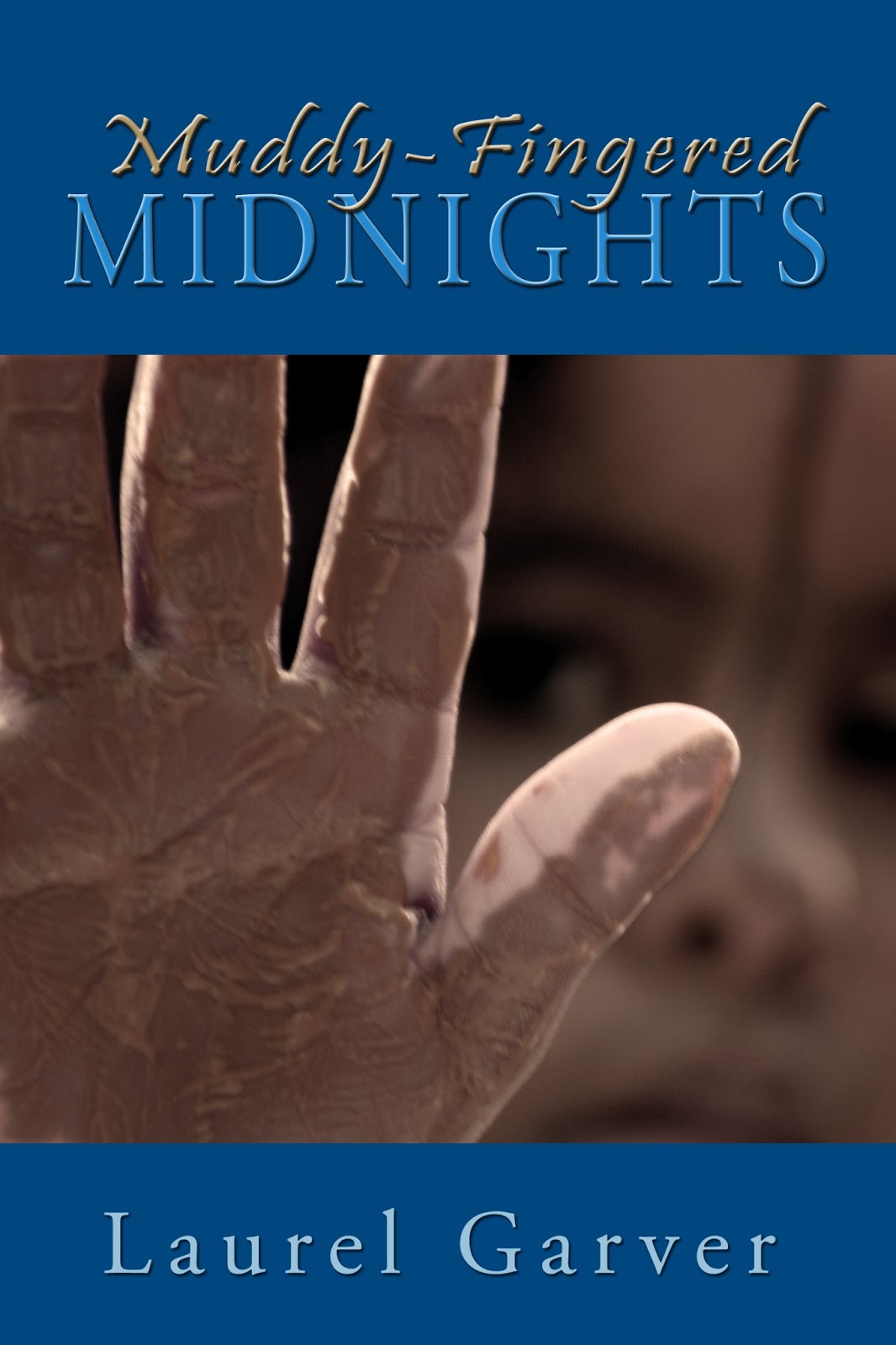
Today is Vicki Rocho's "Well, I Never" blogfest. She invited us to share something we'd never done, never thought we'd do (but did) or something that simply puzzles us. Go swing by
Rambles and Randomness to see the other participants. Rather than a list, I'll share one quick story...
I never went to the prom. It wasn't because I wasn't asked. No, it was largely because I didn't want to go with the guy who asked me. We had a history, one I didn't care to repeat.
I briefly considered asking a friend who went to another school, but as fun and cool as he was, the fact he was a freshman and I was a senior gave me pause. Too much potential to get really awkward. I was also kind-of-sort-of seeing someone at the time, a junior from my own school. Our daily walking-home-from-school flirtation would really go nowhere if I asked someone else to the prom--someone even younger than he. I had a real knack for relationship muddles like this at 17. Is it any wonder I write YA?
From what I could tell, the prom would be just like the school cafeteria but with formalwear--every clique keeping to themselves, everyone carefully guarding his or her established image. Honestly, why bother? So I decided to throw an anti-prom party instead. I had a fantastic night watching movies and hanging out with my favorite underclassman and a senior or two, who, like me, decided the prom was one of the "high school necessities" we could happily live without.
Funnily enough, my friends who did go to the prom ditched early and came to my house instead. Apparently, annoying classmates become even more so under the influence of cheap beer and Jack Daniels. More genuine fun was to be had with us sober, soda-sipping geeks.
====
In other news, there's a wonderful new e-zine now accepting submissions: Vine Leaves Literary Journal. This publication features vignette writing--short pieces that deeply explore character, setting or description rather than being a traditionally plotted story. You can read more about the editors' vision and submission guidelines
HERE.
Vine Leaves Literary Journal is the brainchild of Jessica Bell (author of String Bridge) and her critique partner Dawn Ius, a Canadian writer and marketing/communications pro. They felt this subgenre of literary writing deserved a venue of its own.
I'm thrilled to have a piece accepted to the premiere issue (January 2012). I'll post a link when the issue goes live.
Did you go to the prom? Tell me your story!













